A concrete perspective is necessary for EU integration of the Western Balkans
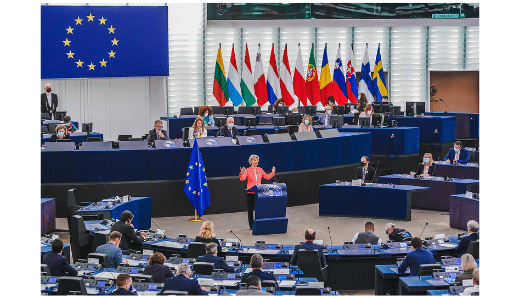
It has been almost 20 years since the EU met in Thessaloniki, Greece, in June 2003 to discuss the integration of the Western Balkans. This included a promise that Albania, Bosnia & Herzegovina, northern Macedonia, Serbia, Montenegro and Croatia would have a clear perspective towards EU membership. After two decades, only Croatia joined in 2013 - the other countries are still in the waiting room, leading to great frustration.
Quarantined democracy: the western Balkans

It seems that EU and its neighbours should not quarantine democracy for too long, as the Hungarian parliament passed the coronavirus law on 30 March. A controversial law designed to deal with the corona crisis. This law has no end date for the state of emergency. Prime Minister Orban received a blank check as a result. Based on this law, Orban gains a lot of power. Áll existing laws in Hungary can currently be temporarily set aside or ignored at his discretion. In addition, the Orban government can decide how long the state of emergency should remain in force. As a result, elections and referendums are not possible while the state of emergency continues. The 'Orban law' also poses a risk to journalists as they are accused of spreading 'fake news'. This puts freedom of expression at risk. Serbia and Montenegro also seem to be exploiting the corona crisis to curb media freedom. This poses a major problem for democratic rule of law and freedoms.
Blow to entire Balkan region: Albania and northern Macedonia rejected by EU
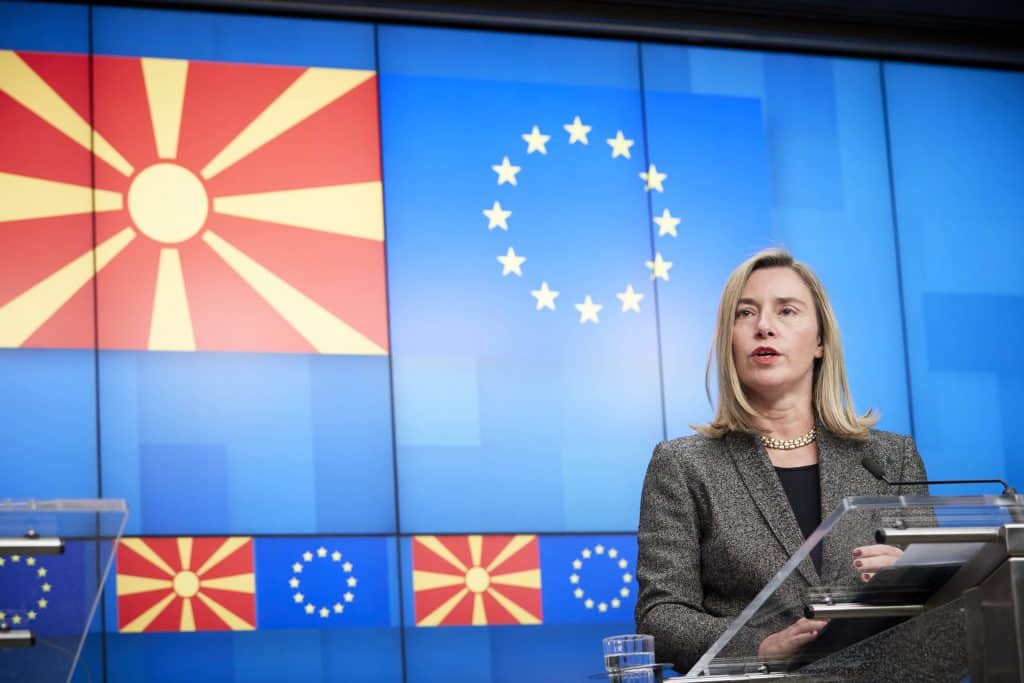
On 18 Oct, the European Council decided after a lengthy debate that it would postpone accession negotiations with Albania and northern Macedonia. Opposition to the opening of negotiations was led by France, which believes that the EU admission process needed to be adjusted before negotiations with prospective member states could be opened. The debate continued on the progress both countries had made on rule of law, human rights and democratisation.
FMS workshops at Labour Party congress in Den Bosch
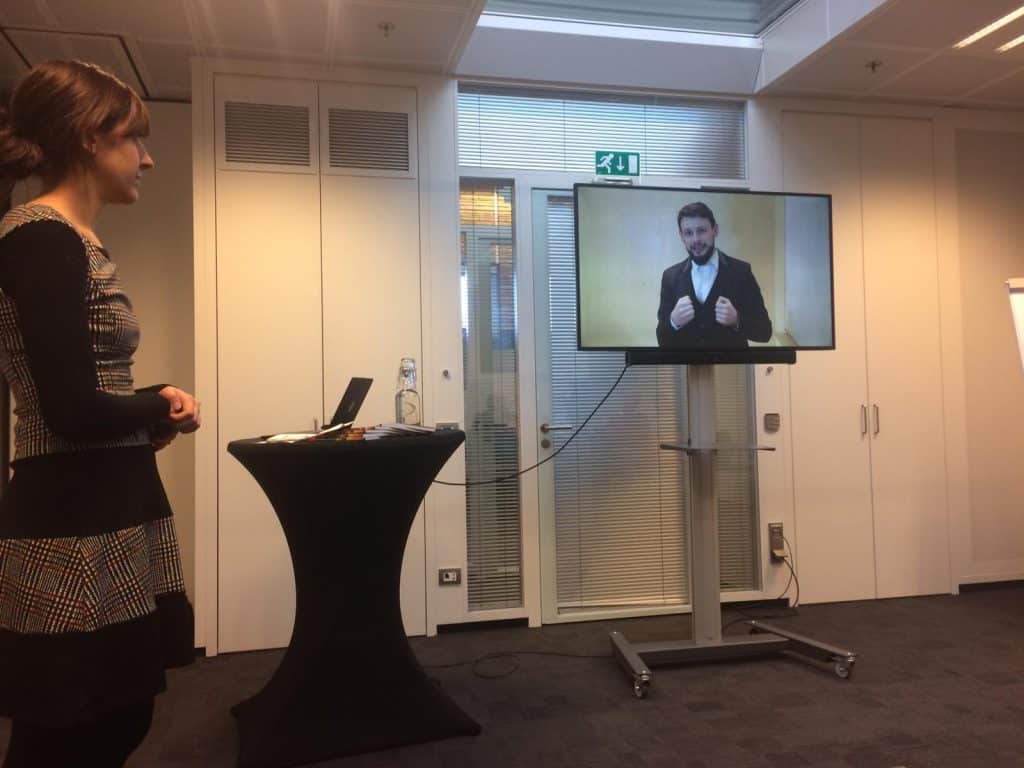
No better place than the Labour Party Congress on 19 January in Den Bosch - where the list and programme for the European elections were decided - to draw our attention to the EU's neighbours. Foundation Max van der Stoel therefore organised two workshops in Den Bosch on the security situation in Eastern Europe and on EU enlargement towards the Western Balkans. Bert Koenders, Jan Marinus Wiersma and Albanian Ambassador Adia Sakiqi were our guest speakers!
Public meeting: 'Young Generations for the New Western Balkans: Beyond Emigration'
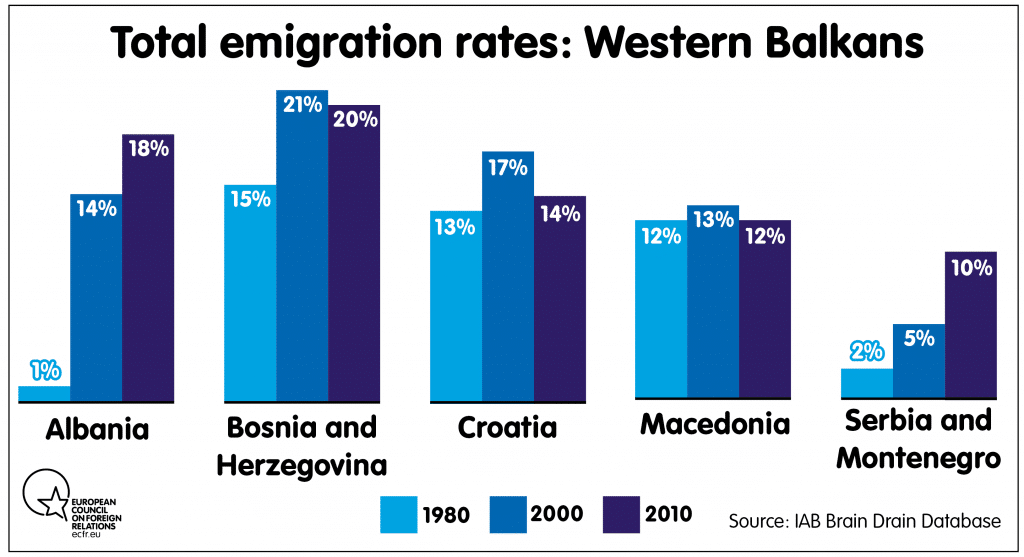
Recent research shows that between 25,000 - 40,000 people are annually leaving each of the Western Balkans countries. Not only young people, but increasingly the middle class as well. A group of young scientist from the region has engaged in a project 'New Horizons for the Young Generations in the Balkans' in order to discuss their visions how to overcome old- fashioned politics and nationalisms and the lack of perspective for younger generations. They will sketch alternative horizons and the look for alternatives for South-Eastern Europe's way beyond emigration. The Hague will be the first place in Europe after Vienna where the results of the mentioned initiative will be presented to the public.
Western Balkans expectations on eve of European summit
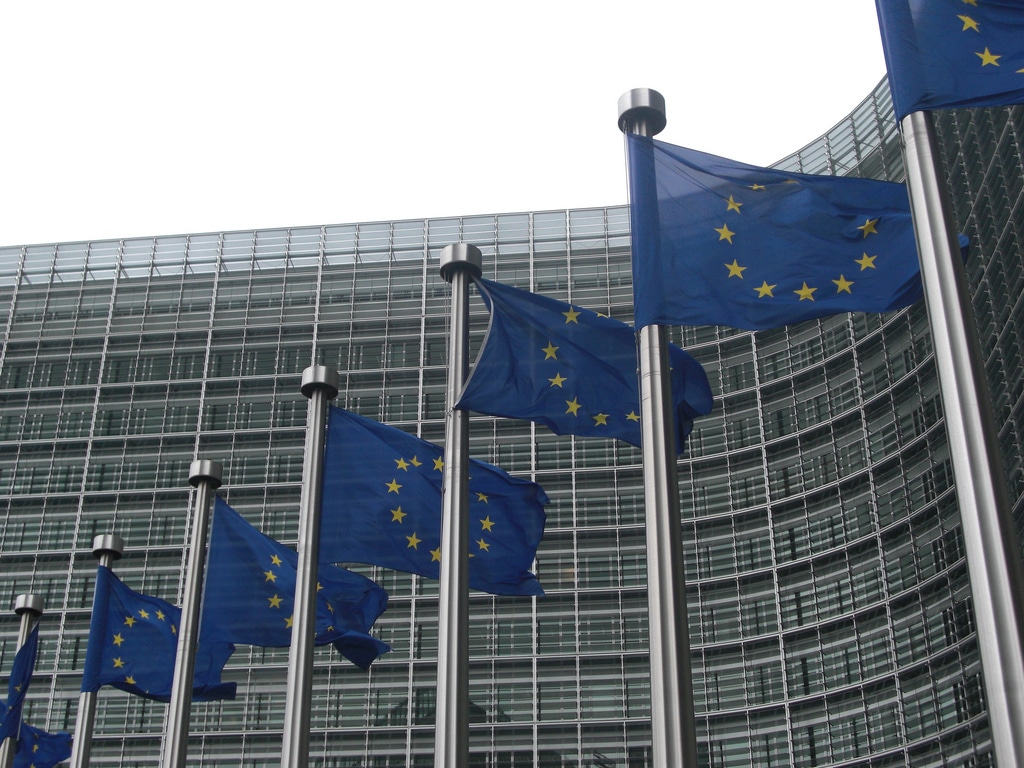
Will we ever be part of the European project? That is the question all Western Balkan leaders are asking as they prepare for the big summit. After French President Macron's statement, no enlargement until the EU itself puts its house in order, last month in Strasbourg, their dreams shattered.
EU's New Enlargement Strategy: Change of Tone

On the 6th of February the European Commission presented its long awaited enlargement strategy for the Western Balkans. Since the State of the Union of European Commission President J.C. Juncker last year, there was a growing momentum for a clearer prospect for accession of Bosnia-Herzegovina, Serbia, Montenegro, Kosovo, Macedonia and Albania to the Union.

